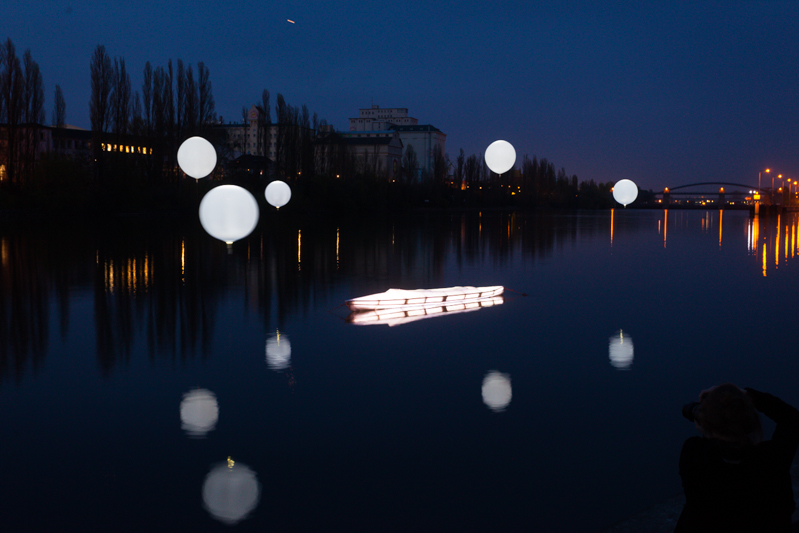The Meaning of Life

Gabriele Juvan, Magisches Feld fuer Walter B. Photo: David Strassburger.
Many of us want to have meaningful lives, and we sometimes take time out to wonder whether our lives are meaningful, and what we should be doing about it if they're not. And, sooner or later, everyone ends up asking if life has a point at all, or if it is all just a flurry of futile activity, a bad joke at our expense that is over when we die. What is it for life to have a meaning in the first place? Is having a meaningful life different from having a happy one? If your life is happy, should you care if it is meaningful, too? To what degree is the meaning of your life up to you?
Overall strategy:The Meaning of Life is, surprisingly and unbeknownst to most analytic philosophers, a subspecialty in analytic philosophy with a state of play, currently defined by two papers: Thomas Nagel, "The Absurd," and David Wiggins, "Truth, Invention, and the Meaning of Life."
Wiggins's paper, after a good deal of ground-clearing argumentation, advances roughly the following proposal: a life is meaningful (the important things in it "add up" to a life) when, for anything in the life that matters, a full explanation of why it matters will end up invoking all the other things that matter in that life. What this formal condition amounts to substantively and in practice evidently depends on the modes of justification that such explanations invoke. When justifications are instrumental or means-end, the lives that satisfy this condition are project lives (an approach recently defended in print by Susan Wolf). When the justifications invoke aesthetic relations, the resulting model is the life as a work of art (as recently promoted by Alexander Nehamas).
This year, we will closely examine two lives: John Stuart Mill, who led perhaps a best-case project life, and Oscar Wilde, who tried to make his life into a work of art. Both lives are very well documented, both from inside and out, and we will read both their own writings and appropriate biographical and historical source material.
PHIL 3820
Fall 2014
Time: MWF 10:45-11:35
Location: CTIHB 459